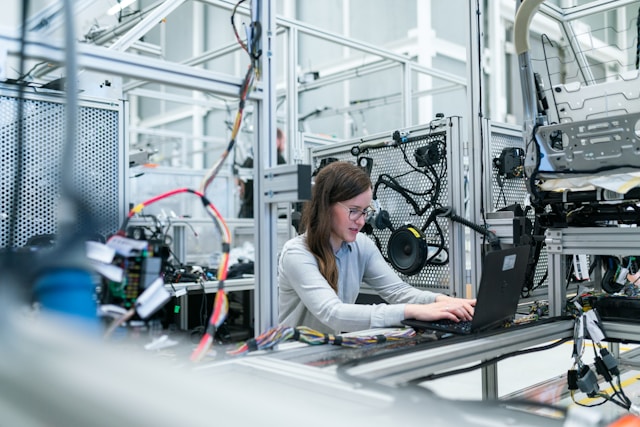In an era characterized by rapid technological advancements, shifting global economies, and evolving job markets, the traditional model of education—where learning is confined to the early decades of life—is no longer sufficient. We are entering the age of lifelong learning, a paradigm shift that recognizes the need for continuous education and skill acquisition throughout one’s life. This approach to learning is not just about career advancement; it’s about adapting to change, personal growth, and the pursuit of fulfillment in a world that never stands still.
The Drivers of Lifelong Learning
Several key factors are propelling the movement towards lifelong learning:
- Technological Change: The pace of technological innovation means that skills can become obsolete quickly, necessitating ongoing education to keep up with new tools, platforms, and industries.
- Economic Shifts: Globalization and shifts in the economy demand flexibility and the ability to pivot into new roles or careers, often requiring new sets of skills.
- Longer Lifespans: Increased life expectancy and longer careers mean that individuals may choose or need to pivot into new roles or careers, necessitating further education.
- Personal Fulfillment: Beyond practical considerations, many individuals pursue lifelong learning for personal enrichment, exploring new interests, and achieving personal goals.
Benefits of Lifelong Learning
The commitment to continuous learning carries profound benefits, not just for individuals but for society as a whole:
- Adaptability: Lifelong learners are better equipped to adapt to change, making them more resilient in the face of career shifts and global challenges.
- Innovation: Continuous learning fuels creativity and innovation, as acquiring new knowledge can inspire fresh ideas and new perspectives.
- Economic Growth: A workforce committed to lifelong learning is more skilled and versatile, driving economic growth and competitiveness.
- Personal Growth: Lifelong learning fosters a growth mindset, improving self-esteem, and promoting a deeper sense of satisfaction with life.
Strategies for Lifelong Learning
Embracing lifelong learning requires a proactive approach and a shift in mindset. Here are strategies to integrate continuous learning into your life:
- Set Personal Learning Goals: Identify areas of interest or skills you wish to develop, and set clear, achievable goals.
- Leverage Online Resources: Take advantage of the wealth of online courses, webinars, and tutorials available on virtually any subject.
- Embrace Informal Learning: Learning doesn’t only happen in formal settings. Seek out podcasts, books, articles, and other informal resources to broaden your knowledge.
- Join Learning Communities: Connect with others who share your interests or goals. Communities, whether online or in-person, can provide support, motivation, and additional resources.
- Practice Reflective Learning: Regularly reflect on what you’ve learned and how you can apply it to your personal and professional life. This reflection deepens the learning experience.
Challenges and Opportunities
While the age of lifelong learning offers exciting possibilities, it also presents challenges. Access to learning resources, time constraints, and the ability to self-motivate can be significant barriers. However, the increasing recognition of these challenges is leading to innovative solutions, from micro-credentialing and flexible learning formats to employer-supported education initiatives.
As we navigate the complexities of the 21st century, the ability to learn and adapt will be our most valuable asset. The age of lifelong learning is not just a response to external pressures; it’s an opportunity to continuously reinvent ourselves, explore new horizons, and lead richer, more fulfilling lives. In embracing lifelong learning, we open the door to endless possibilities, ready to meet the future with curiosity, resilience, and an ever-expanding toolkit of knowledge and skills.
